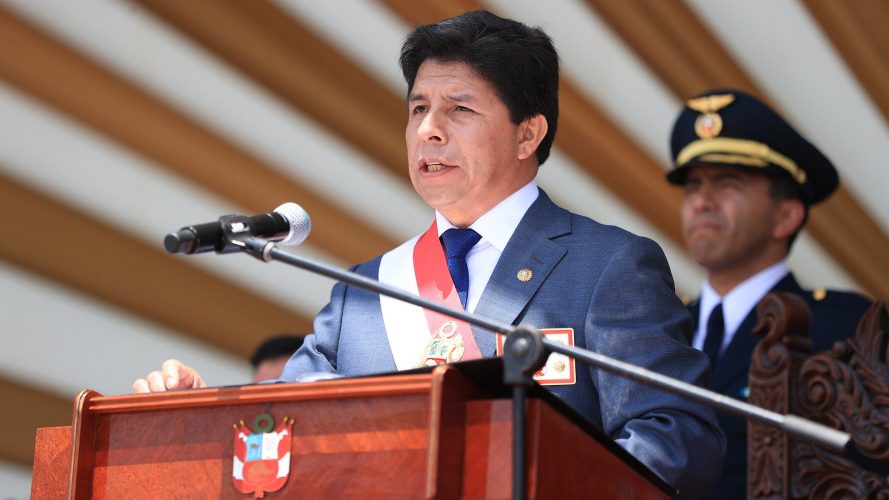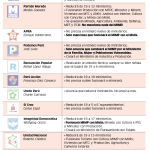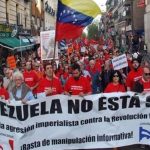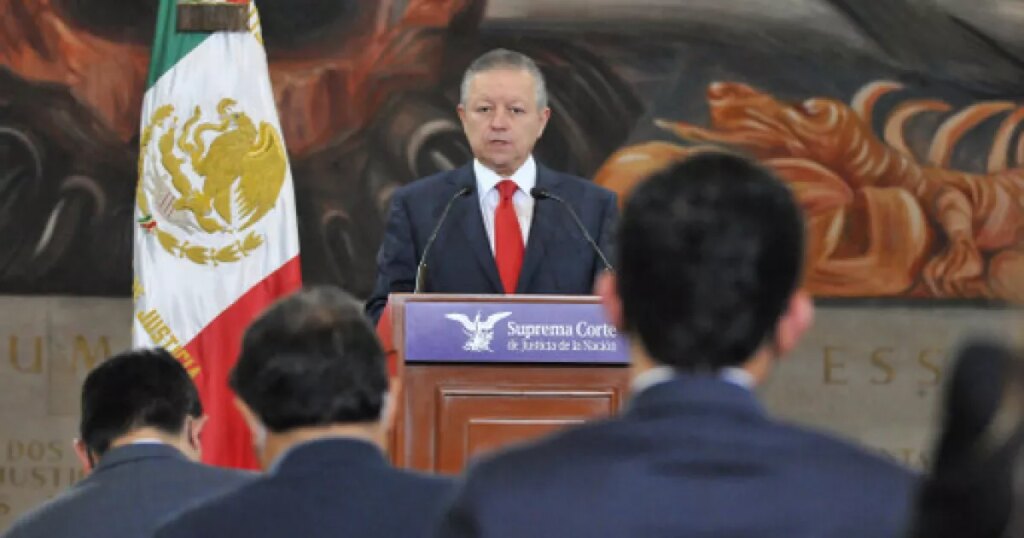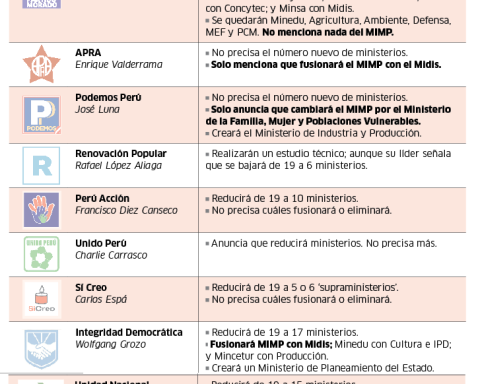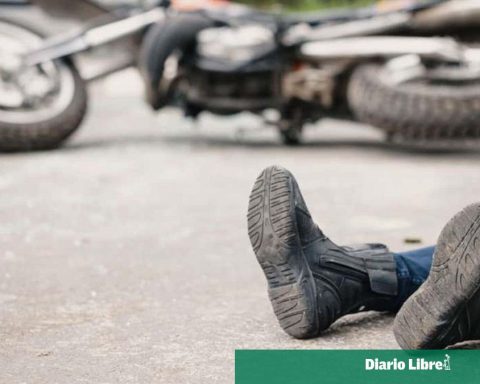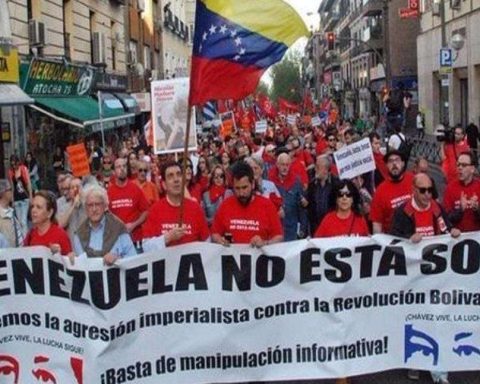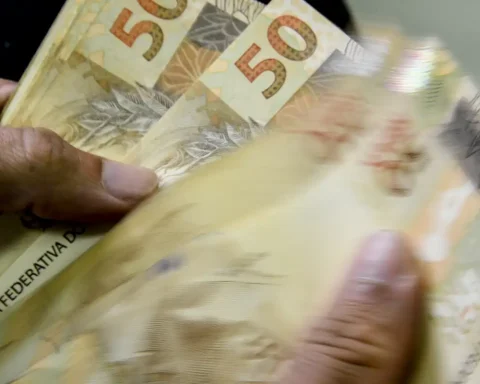In the morning hours of this Thursday, December 15, a new hearing began against the former president of Peru, Pedro Castillo, with a view to reaching a decision on his legal status, after the “rebellion” taken on December 7, where he declared a self-coup.
In this act, the Supreme Court of Justice is expected to decide whether Castillo is released, after spending seven days in provisional detention in the prison of the Directorate of Special Operations of the Peruvian Police, or goes to preventive detention for at least 18 months, requested by the judicial authorities, while the investigations of the case are carried out.
The dismissed former president is being investigated as the alleged co-perpetrator of the crime against the powers of the State and the constitutional order, in the form of rebellion, provided for and sanctioned in article 346 of the Penal Code, to the detriment of the State and, alternatively, for the crime against the powers of the State and the constitutional order -conspiracy-, an illegal criminal offense provided for and sanctioned in article 349 of the Criminal Code to the detriment of the State, as reported in recent days by the highest body of Justice of that country, through a statement.
In addition, for being “alleged perpetrator of a crime against the public administration-abuse of authority, criminal offense provided for in sanctioned in article 376 [primer párrafo] of the Criminal Code, to the detriment of the State; and, as the alleged perpetrator of the crime against public peace — crime against public peace, in the form of crime of serious disturbance of public peace, criminal offense provided for and punished in article 315-A [primer y segundo párrafo] of the Penal Code, to the detriment of society,” he said in the note.
During the previous hearing, Castillo maintained that he did not commit any crime of conspiracy or rebellion for which he is accused.
“I am unfairly and arbitrarily detained, I am not a thief, a rapist, or corrupt or a thug,” he said.
